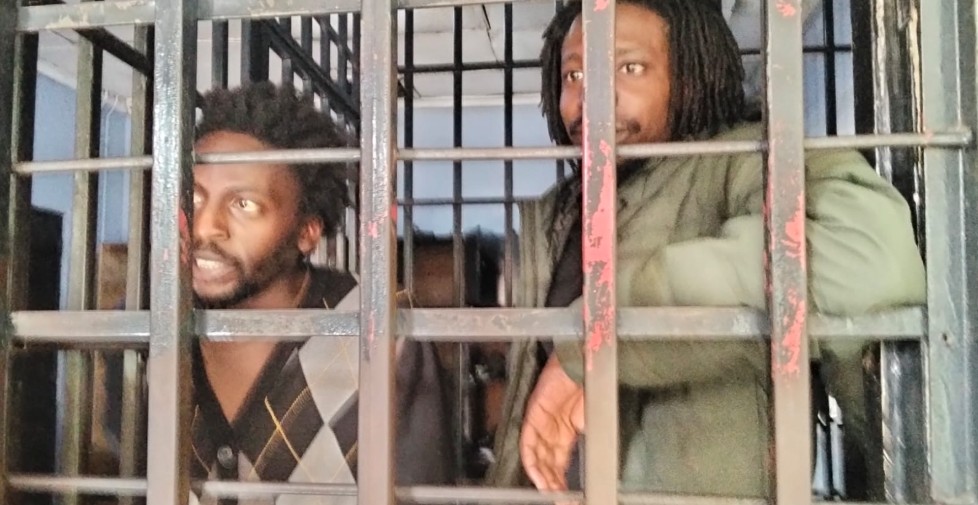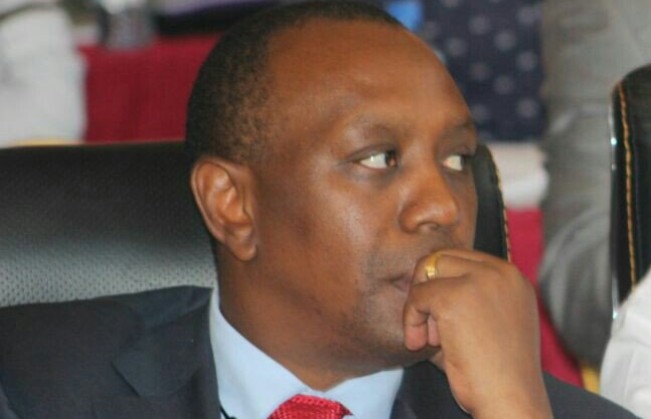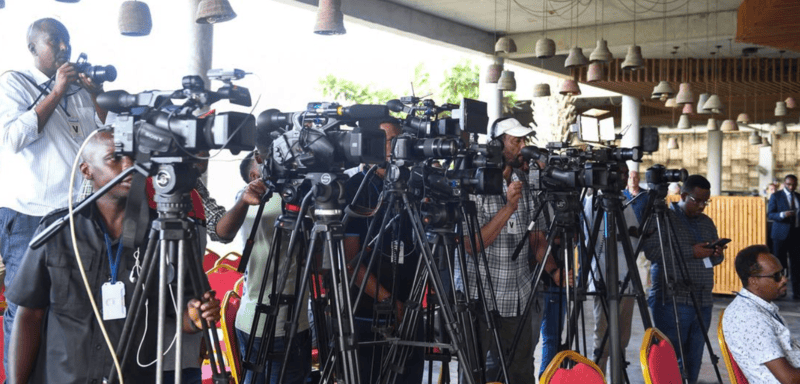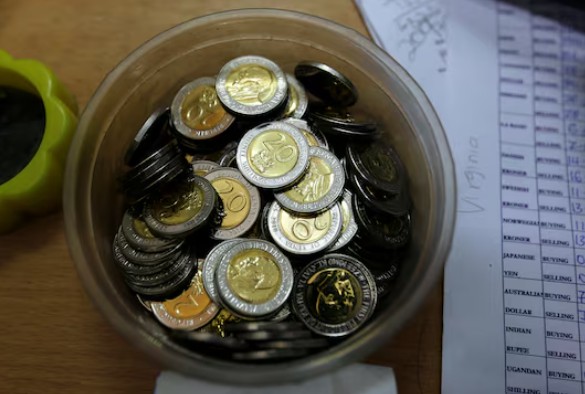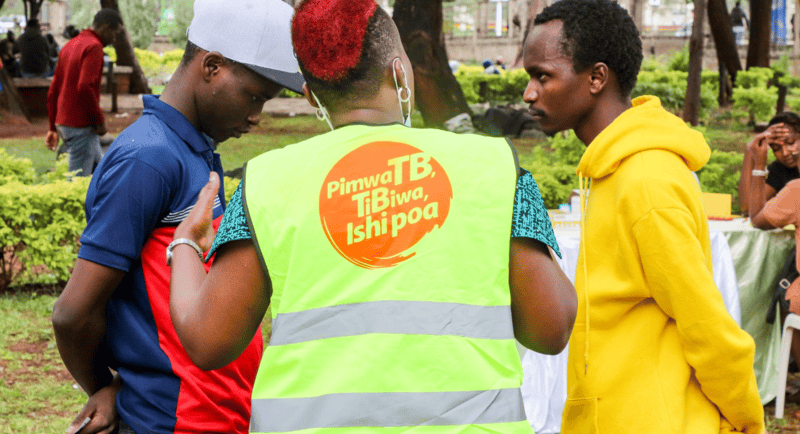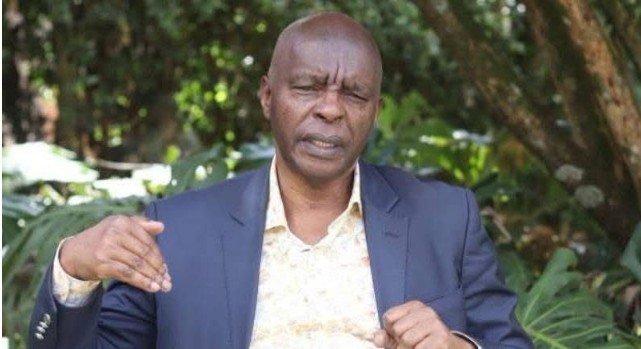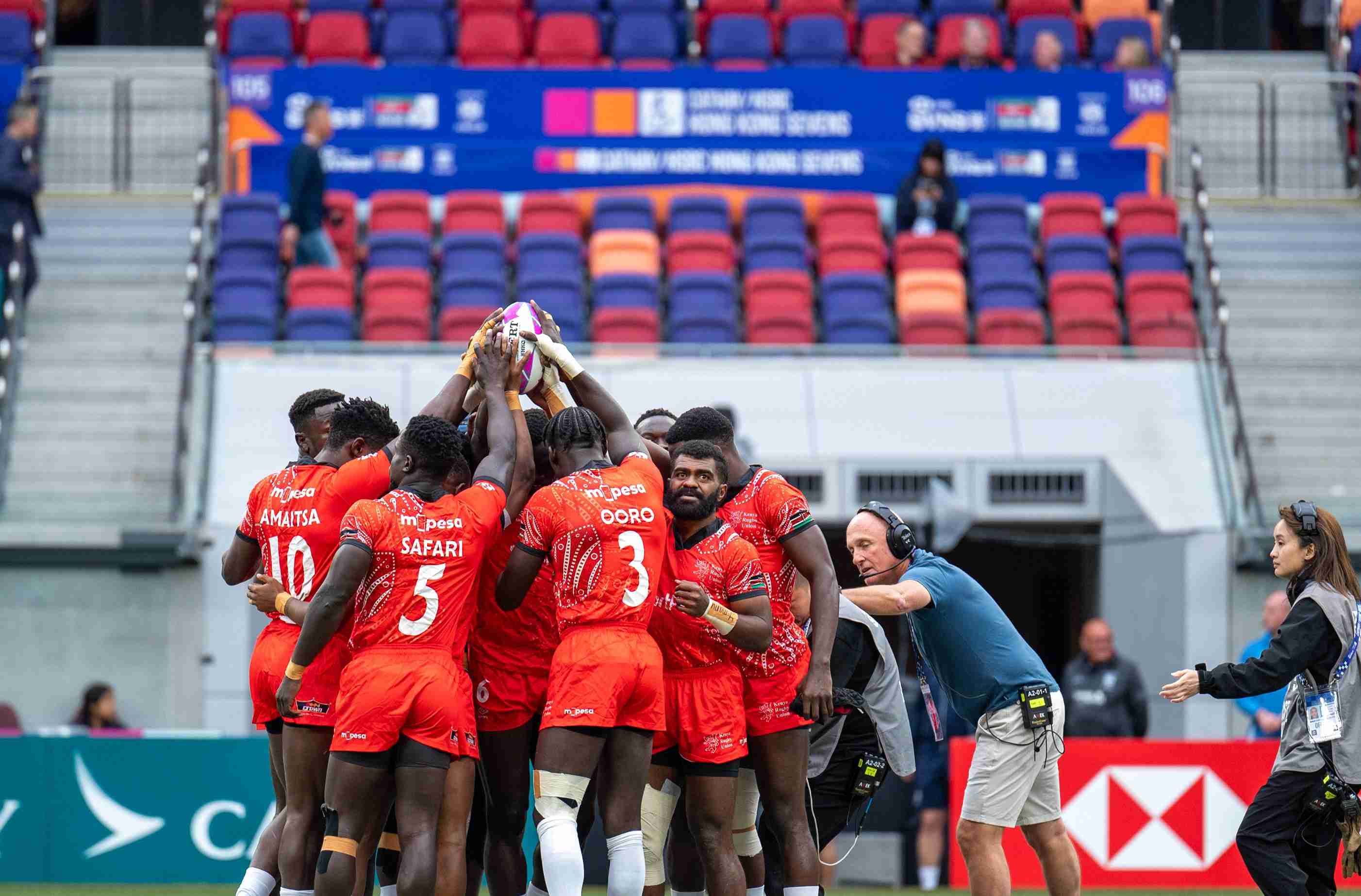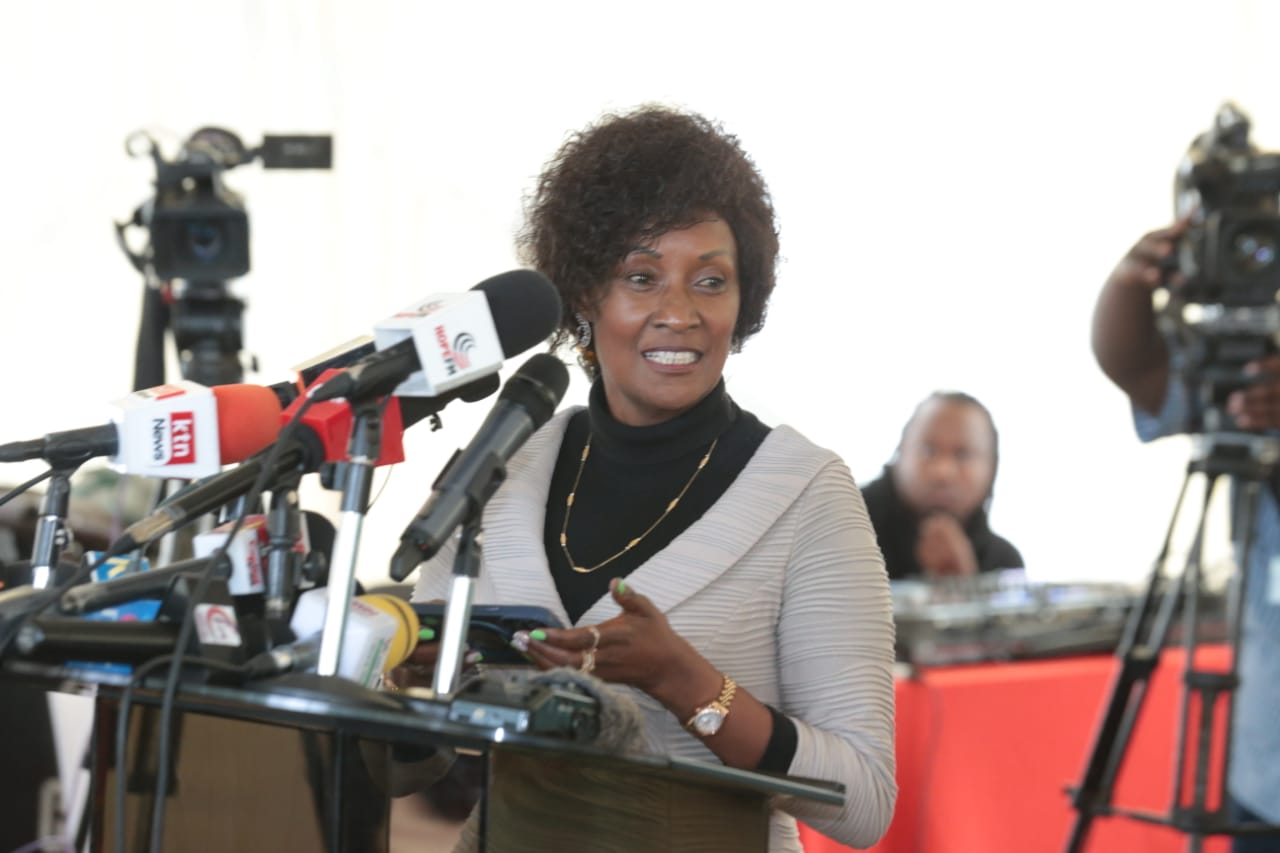Crackdown on illegal betting sites sparks renewed calls for total gambling ban in Kenya
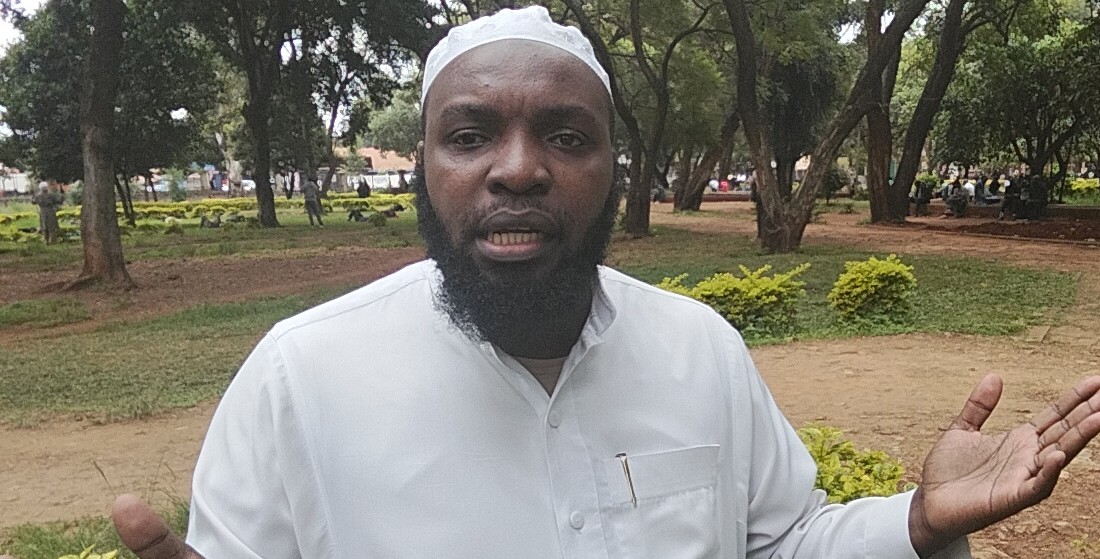
Renowned Muslim cleric, Sheikh Salim Charo, now wants the government to move further and completely ban gambling, terming it a vice that is not only sinful before God, but also deadly for the lives of gamblers.
The decision of the Betting Control and Licensing Board (BCLB) to flag at least 58 betting websites it says are operating illegally within Kenya’s internet domain has ignited calls to completely ban gambling in the country.
Renowned Muslim cleric, Sheikh Salim Charo, now wants the government to move further and completely ban gambling, terming it a vice that is not only sinful before God, but also deadly for the lives of gamblers.
More To Read
In an interview with The Eastleigh Voice, Sheikh Salim, who is the Nairobi Region Coordinator of the National Muslim Leaders Forum (NAMLEF), says the effects of betting in the country are devastating, and that banning it will be the only way to save those who are addicted.
“Gambling is highly addictive because those who do it believe they will be lucky to win huge amounts of money. In most instances, the disappointments lead to deaths and depression,” said Sheikh Salim.
He says that the holy books equate gambling to theft and that God forbids it in all forms.
“God, in the Quran, has banned gambling. Even His own Prophet Mohammed is against gambling. Even in sourcing for daily income, God wants us to earn justly because betting is equivalent to theft.”
In his explanation, even if a gambler wins a stake in betting, the money awarded should not be given out as an offering to God because it is unacceptable.
“As Muslims, we usually give God 2.5 per cent of our earnings to God. If this money is from betting, then it cannot be allowed by God whatsoever, even if we use it to help the poor or build mosques.”
In recent years, Kenya has witnessed an alarming rise in the popularity of betting and gambling, especially among the youth. What began as a form of entertainment has quickly turned into a destructive addiction affecting families, relationships and livelihoods.
While the impact cuts across all sections of society – men, women, and youth alike – the concern is even more pressing within the Muslim community, where betting is clearly prohibited by Islamic teachings.
Islam strictly forbids any form of gambling. In the Quran, Allah (SWT) commands: “O you who believe! Intoxicants and gambling, sacrificing to stones, and divination by arrows are abominations of Satan’s handiwork. So avoid them so that you may prosper.” [Quran 5:90-91]
Sheikh Salim noted that despite such clear prohibitions, many Muslim youths in Kenya have silently joined the betting craze. With betting apps easily accessible via smartphones, and flashy media advertisements promising riches overnight, it has become a secret vice even among those who know it is haram.
Luring innocent audiences
He explains that the mainstream media – television, radio, and even social media platforms – constantly broadcast betting promotions luring innocent audiences with enticing slogans.
“Betting has done little to solve unemployment. Instead, it promotes laziness, idleness, and escapism. It fosters the illusion that success can be achieved without hard work, leading many away from productive and halal means of earning a living.”
The Betting Control and Licensing Board (BCLB) has flagged at least 58 betting websites it says are operating illegally within Kenya’s internet domain.
The board has also ordered the immediate shutdown of their operations.
In a letter to the Communications Authority of Kenya, BCLB expressed concern over the platforms, saying investigations into the platforms followed the various complaints raised by Kenyans.
BCLB said the sites lure gamblers by accepting deposits but then refuse to pay out winnings, leaving users vulnerable to financial exploitation.
“Unauthorised betting websites have sparked public outrage by operating without approval from the board. The board has taken note of complaints from concerned citizens regarding these platforms, which exploit users by demanding money through betting schemes,” the letter by BCLB reads.
On the other hand, the Association of Gaming Operators-Kenya (AGOK) has criticised the government for a “blanket” ban on all gambling advertisements.
In a notice dated April 29, BCLB suspended all gambling advertisements and testimonials across all media platforms for a period of 30 days.
AGOK now says that BCLB erred in its move and did not consider the licensed tax-compliant firms.
“Blanket advertising bans inadvertently penalise compliant tax-paying firms that have invested significantly in responsible gaming, while offshore and illegal operators continue to operate,” a statement from the AGOK board dated April 30 reads.
Top Stories Today


